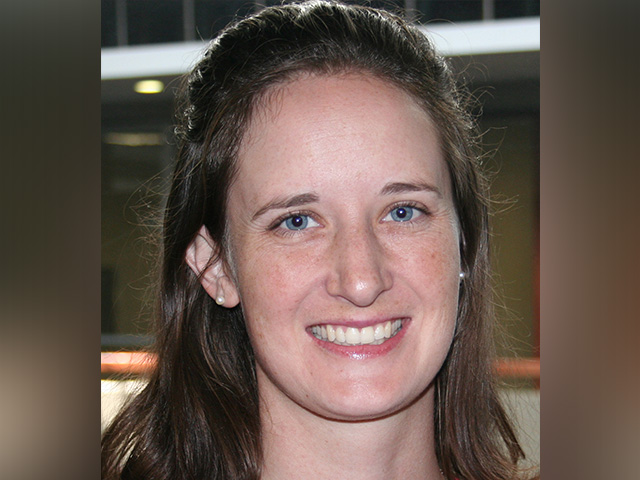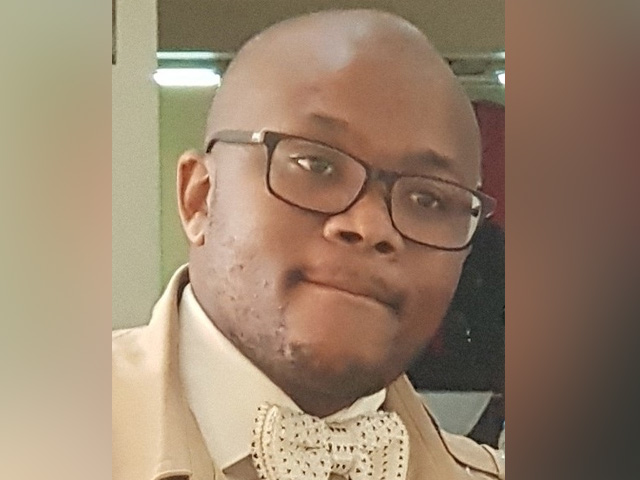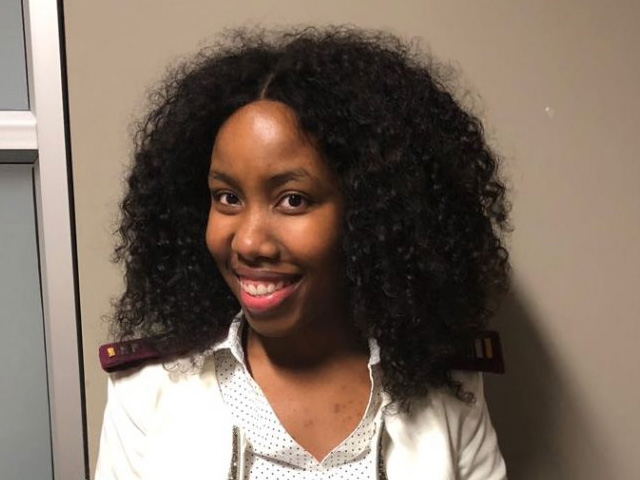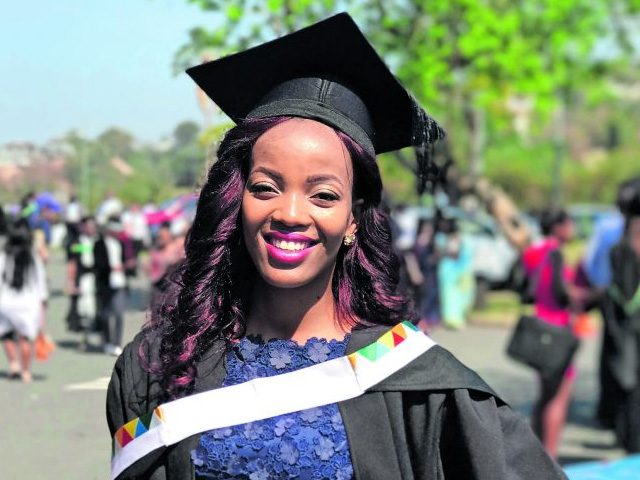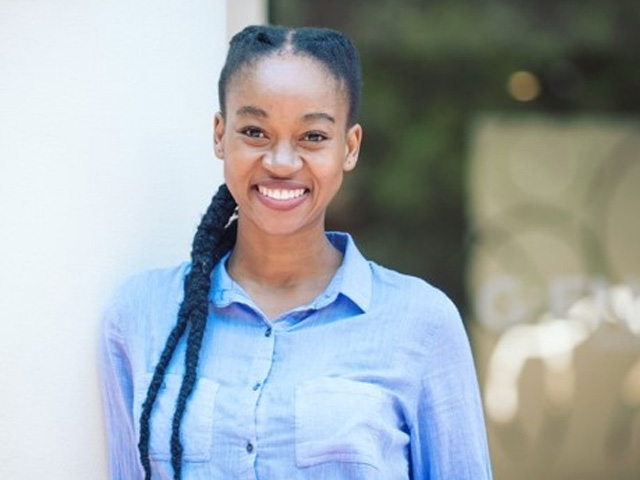“If you do what you love you will never have to work a day in your life,” is the saying which inspired Dr Nandipha Magudumana to pursue a career in medical aesthetics.
“Medical aesthetics is a career path for people who are truly passionate about what they do, because you help people look and feel good about themselves,” she explains. “Choosing a career where you can inspire confidence and happiness in others was what attracted me to this field.”
Magudumana is the founder of Optimum Medical Aesthetics, a skincare and aesthetic clinic in Sandton that specialises in non-surgical treatments such as botox, hairline restoration and chemical peels. She also runs another business called VitaPush and co-owns Arum Holdings with two other women, focused on healthcare consultancy and IT services.
She grew up in Bizana, a small town in the Eastern Cape, and has wanted to be a doctor from the age of six. “My mother was in hospital for a while and I never understood the complexity of her condition at the time, and when I was around doctors I felt empowered, confident and fearless,” she recalls.
After obtaining a BSc in Health Sciences from Wits University, she went on to study medicine, thereafter spending some time in the public health sphere. The transition from public health to entrepreneurship, while being a giant one, has helped enhance her personal growth and inspire others to do the same. These days she is empowering hundreds of patients with confidence through her clinics.
“A lot of people lack the confidence to be their best selves because of minor or major physical attributes,” she says. “Although aesthetic medicine procedures are typically elective, they provide solutions for these challenges and these procedures can significantly improve the quality of life, psychological wellbeing and the social functioning of a person.” An NGO that provides healthcare and wellness programmes for the underprivileged is next on her agenda.
“Nothing is more gratifying that helping others.” — Fatima Asmal

